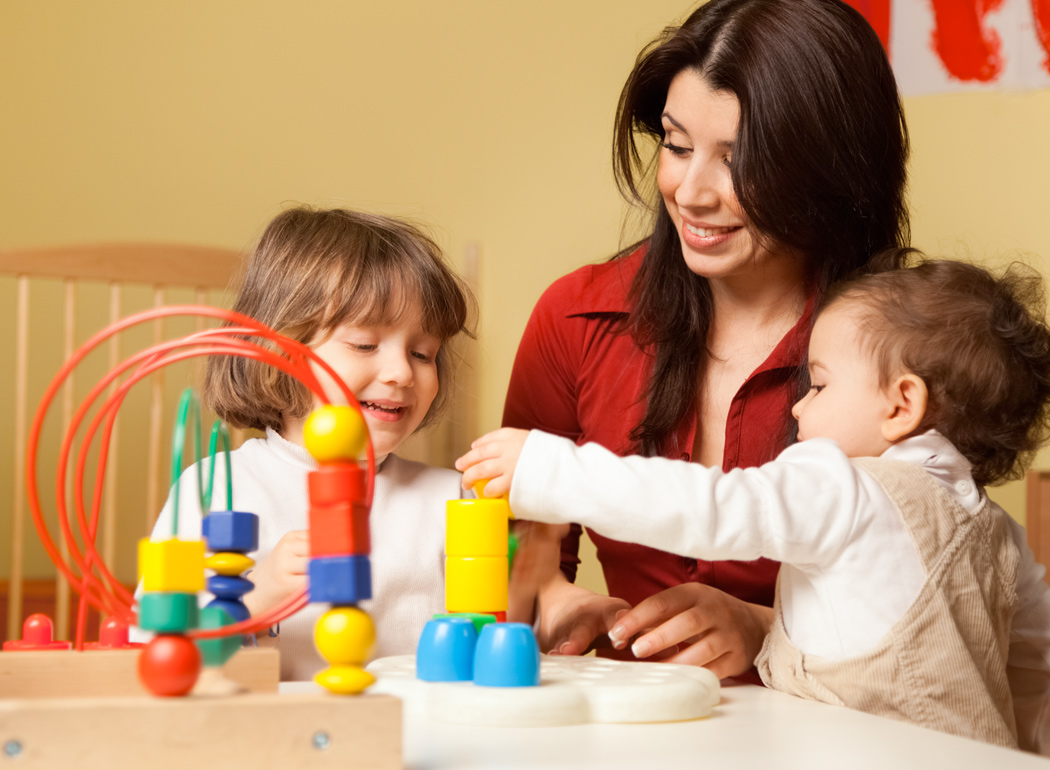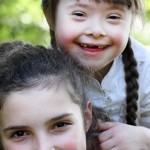It is well known that birth weight and early nutrition play an important part in the later physical health of a child. Neuroscience is now showing us how early events in a child’s life affect the child’s emotional health. Babies are born with approximately 200 billion brain cells but there are very few connections between them. Brain development, or learning, is the process of creating these connections and, given that 90% of this occurs in the first five years of life, it is crucial that we give children the best possible start. The pre-frontal cortex or ‘rational brain’ is the area of the brain which controls emotions, problem solving and higher level thinking. The development of this area depends on the care given to the child and the experiences the baby has with those around him/her. When a child experiences a situation, certain connections are made; the more frequent the experience of the situation, the stronger the connection becomes. So, if a child regularly experiences angry parents, they will keep the connections that help them to be alert and this may result in lasting chemical changes in the brain, meaning that the child will not be able to deal with stressful situations effectively.
However, having adults who are warm and nurturing, results in connections being made that, not only help the child to feel emotionally secure, but will help them to deal with stress in later life. Being emotionally responsive is an investment and what an important investment it is! What we put in, is what we get out. If we want emotionally intelligent and secure children, then early care is vital – we must spend time with them, play with them, talk and laugh with them, cuddle them and also help them deal with upsetting feelings. It is important to recognize these feelings and respond in a calm manner, as this will make children feel safe, which in turn leads to their brain creating new connections in the pre-frontal cortex. In future, these connections will enable the child to deal with situations in a more controlled manner.
And the good news is that with all this investment, your return will be a child who is socially aware, compassionate and able to relate to others. So make the most of those all-important first five years and build a positive relationship in a nurturing and emotionally responsive environment: You could make the difference in a child’s life!
Leave Your Reply
You must be logged in to post a comment.



